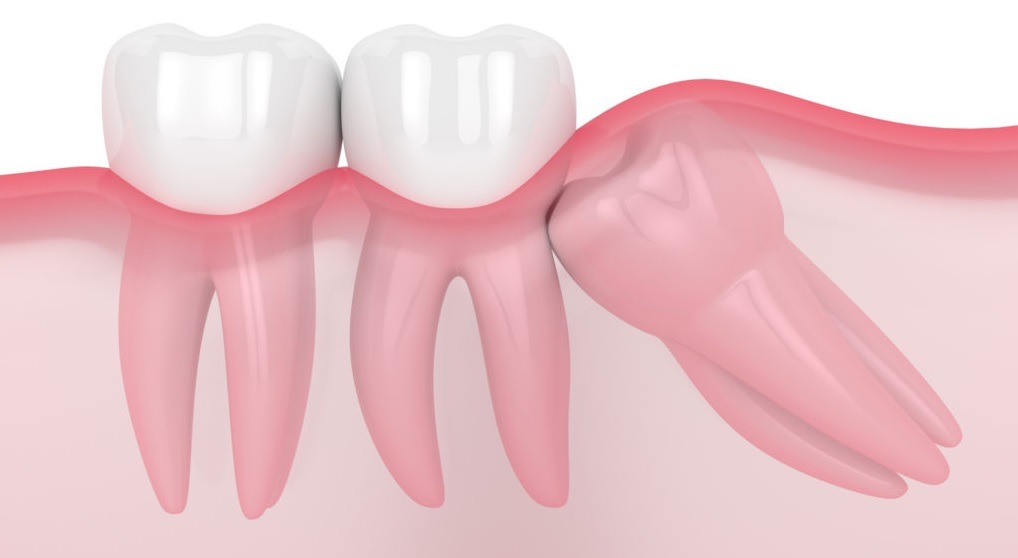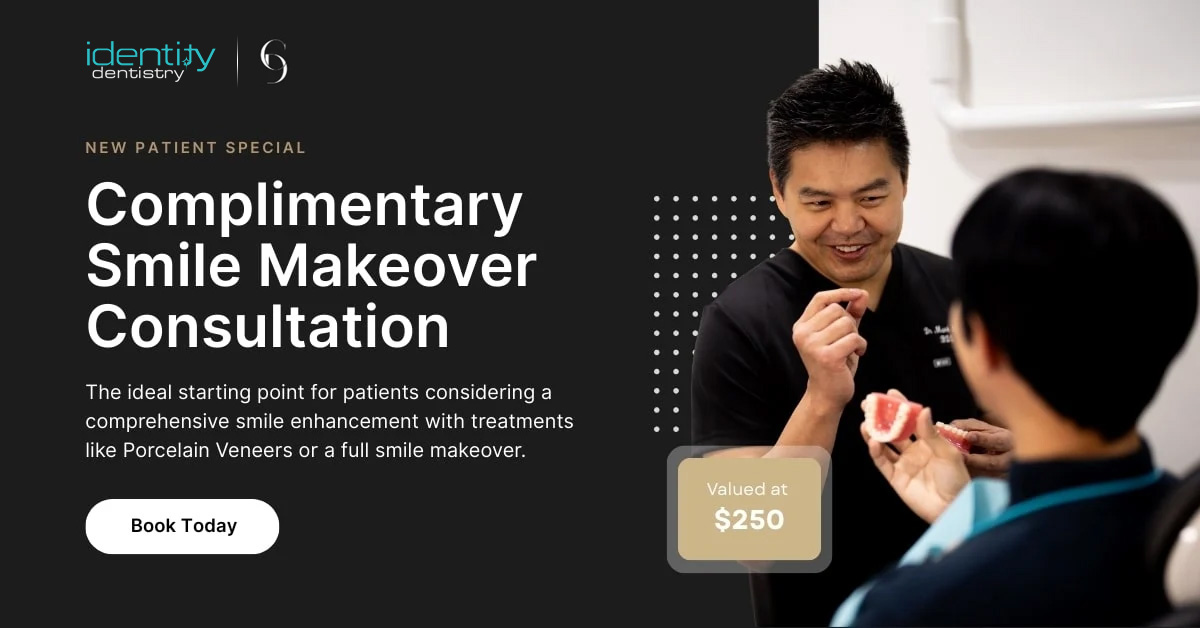Wisdom Teeth Removal Canberra
Third molars, commonly known as wisdom teeth, are the last teeth to develop and erupt in the oral cavity. They are also the most congenitally missing teeth, which means that there is a possibility that you are missing one or all of them.
If present, the average age of eruption is between 17 to 25 years old. Because they are the last to erupt, they may have little or no space left in the jaws.
It may also be covered with thick gums or bone that prevent it from erupting to its normal position. This results in an abnormal or impacted position. If this is the case, it would require surgical wisdom teeth removal Canberra or a procedure called odontectomy.
Wisdom teeth are unfortunately problematic for many people. Fortunately, our dentists are more than capable of removing the majority of problematic wisdom teeth.
A careful assessment of the positioning of the teeth will first take place and a treatment plan formed. In special circumstances, you may need to be referred to an oral surgeon for extraction of wisdom teeth under intravenous sedation or general anaesthetic.
Odontectomy is a surgical procedure to remove an impacted tooth. This is most commonly done on wisdom teeth because they are the most commonly impacted teeth.
In this procedure, the gums are opened to expose the impacted tooth. This may also involve the removal of a portion of the bone to gain more access. After the tooth is removed, the area is thoroughly cleaned to make sure that the wound would heal properly. The gums are then sutured back to its place to facilitate healing.
If you’re worried about pain, you can relax a little because this will all be done under anaesthesia so you can expect to feel some pressure rather than pain.
Wisdom teeth usually go unnoticed unless they are seen on routine radiographs or they present with some pain. Removal of wisdom teeth when required can prevent more complicated dental problems which are painful and often expensive to treat.
Given wisdom teeth are positioned farthest from your mouth opening, they are more difficult to access and clean using regular oral hygiene measures such as toothbrushing. They serve as the perfect ‘food traps’ where food and bacteria could thrive. This could ultimately lead to tooth decay, gum disease and/or pericoronitis.
There are also some instances where the impacted wisdom tooth is leaning towards or pushing against the second molars. If this is left on its own, it could eventually lead to the destruction of not only the wisdom tooth but also the adjacent second molar.
The post-operative scenario will be on a case-to-case basis, but these are the most common things that you can expect after this surgery.
First, a slight oozing of blood from the surgical area is normal within 2 to 3 days after the surgery. This is managed by avoiding smoking, drinking alcohol, rising your mouth, spitting and strenuous activities for 24 hours after surgery.
Second, a swelling on the side of the face where the surgery occurred can peak 2 to 3 days after surgery then subsides. This can be managed by intermittent application of a cold compress every 15 to 20 minutes during the first 24 hours.
Third, trismus or limited jaw opening could occur when removing wisdom teeth from the lower jaw. If any swelling has gone down, applying a warm compress several days after the procedure might help improve your jaw opening, along with undertaking very gentle jaw exercises.
All of these are highly manageable by following post-operative instructions that will be provided by your dentist after your surgery.
If you’re not sure whether you should have wisdom teeth removal Canberra, it is best to visit your dentist so that we could do a thorough clinical and radiographic assessment of your wisdom teeth to know what’s best for you. We will answer any questions that you may have so that you will be well-prepared for this procedure.
To request an appointment, you may click the button down below. You may also call us at 02 6248 5692 for more information.



